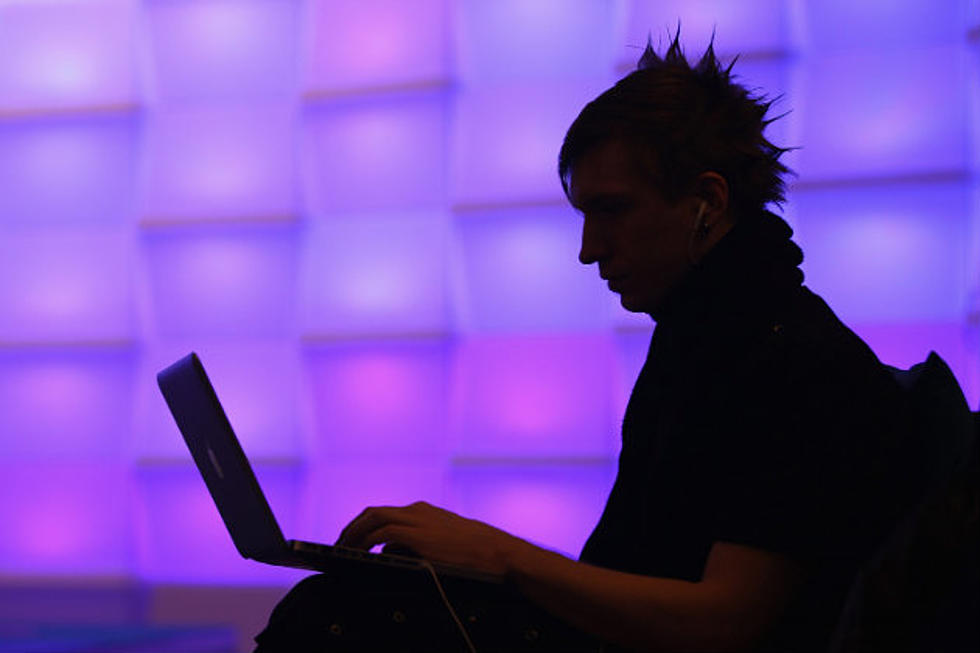
What to Do if You Get Hacked
Last week, several celebrities including First Lady Michelle Obama were hacked and “sensitive personal information” was posted for all to see on the Internet. I don’t know about you, but that got me thinking about my personal safety on the web. So, what should we do if we get hacked?
It seemed like the instances of identity theft had majorly declined since the crash of 2008 because credit became so hard to come by, but there are still cyber criminals out there lurking. There are three things we should do immediately following the discovery that we have been hacked.
First of all, call your bank and credit card companies. I found out that someone had stolen my debit card number, but only after almost $200 had been removed from my account. I called the bank right away and explained what was going on and said that it didn’t look suspicious right away because the transactions came from a source that looked totally legit because we had worked with this company in the past. I thought it was something that Glen had done. He had no idea what it was, so we called the bank and they reversed the charges and gave us a new number no problem. Then we found out that we can have a copy of our credit report sent to us once per year for free. I also found out that it’s possible to go to all three major credit card bureaus (TransUnion, Equifax and Experian) and have a fraud alert also set up for free.
Have you ever done a scan on your computer to find out if you have viruses? If not, it’s a good idea to do it. After your scan finishes, it’s a good idea to set up the latest version of your IOS (or Internet Operating System) to make sure you have the latest and greatest security protection for your computer. Running an old version can make us more vulnerable to hacking.
Finally, regularly change your passwords. Don’t go all out and change them every day, but every three weeks to a month is about average. My computer here at work asks me to change my password every now and then, but I need reminders because I don’t think about the computer at work. If you’re like most people, you have the same password for a lot of different things you do on your computer like Facebook, Twitter, email, etc. It’s a good idea to have a different password for everything. That way, when someone gets a hold of the password for your Twitter account, they don’t have the password for your online banking, Facebook and email so they don’t get access to everything. Change them all and change them often. And speaking of email, never, ever, ever, ever click a link from someone you don’t know. A hundred billion emails are sent every day and 90 percent of those are spam. You didn’t win a Nigerian lottery, your grandchild is not in jail in Canada and your bank doesn’t need your social security number and bank account information. They already have it.
If you do get a suspicious letter or phone call, chances are they didn't just send it to you. Tell your local law enforcement officials. Your letter or phone call could be a small piece to a bigger puzzle.
More From 98.1 Minnesota's New Country






